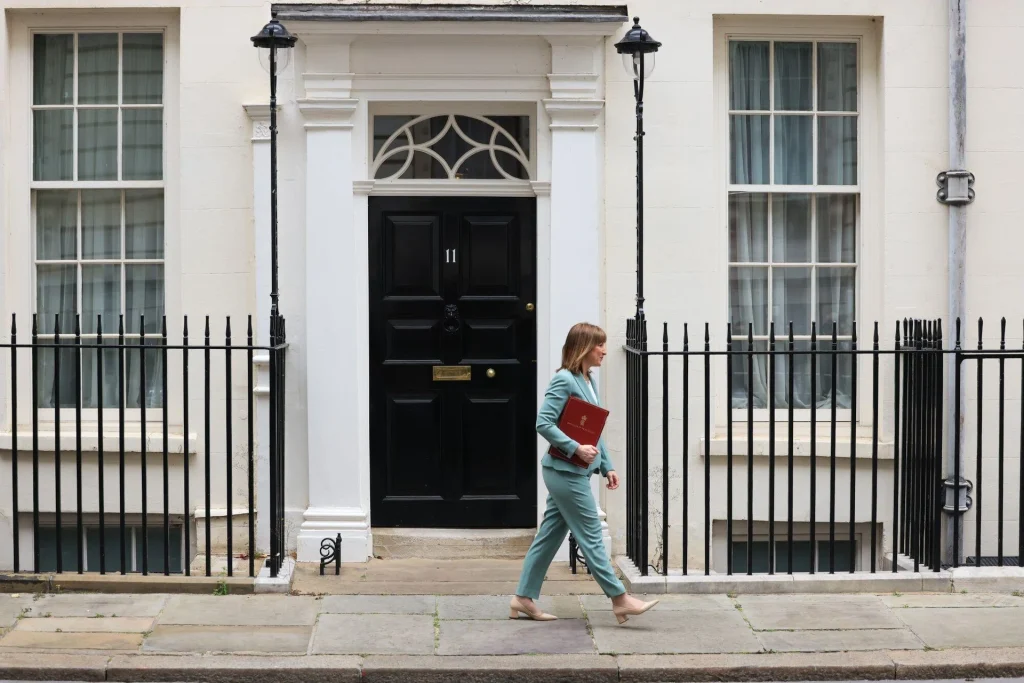She wants to ensure that renewal is felt in people’s everyday lives, in their jobs, and on their high streets
Published Wed, Jun 11, 2025 · 06:59 AM — Updated Wed, Jun 11, 2025 · 08:48 PM
[LONDON] Chancellor of the Exchequer Rachel Reeves vowed to renew Britain’s infrastructure and public services as she outlined three years of spending plans to build roads, railways, houses and energy projects nationwide.
“We are renewing Britain,” Reeves said in the House of Commons on Wednesday (Jun 11). “I know that too many people in too many parts of our country are yet to feel it. This government’s task, my task as chancellor, and the purpose of this spending review is to change that. To ensure that renewal is felt in people’s everyday lives, in their jobs, and on their high streets.”
The spending review, allocating the funds raised at Reeves’ tax-hiking Budget in October between different government departments, is a defining moment for Prime Minister Keir Starmer’s administration as it seeks to regain momentum after a tough first year in power. The chancellor’s choices will impact the quality of public services and voter perceptions through to the next general election in 2029.
A key part of the spending review is the extra £113 billion (S$196.4 billion) Reeves had for public investment compared with the previous Conservative government’s plans, a pot she created by loosening the government’s fiscal rules to allow it to borrow more to invest. Reeves’ largess includes £39 billion for an affordable homes plan, £14 billion for the Sizewell C nuclear project, £86 billion for British science and £15 billion for new transport infrastructure across the north and midlands of England.
Reeves promised £3.5 billion of new funding for the Transpennine rail project in northern England and £2.5 billion for a line linking the university cities of Oxford and Cambridge. She also announced fresh backing for the Acorn carbon capture and storage project in Scotland and said that research and development spending would rise to a record £22 billion a year by 2029.
The Treasury setpiece comes against a tricky political backdrop for Starmer and Reeves, who are seeking to win back favour with the electorate after a significant slump in Labour’s poll ratings since winning power in a landslide last July. Nigel Farage’s populist Reform party has consistently led Labour in national polling in recent months, and won a string of victories in local elections in May as the governing party and the main opposition Conservatives haemorrhaged seats. BLOOMBERG
Share with us your feedback on BT’s products and services


